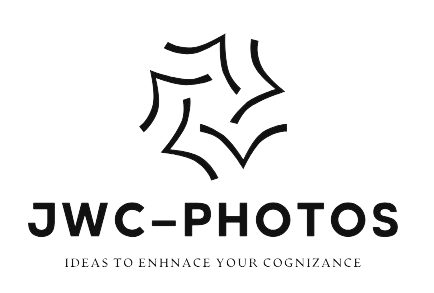The impact of emotional distress on physical health and overall quality of life has led to a growing interest in holistic approaches to healing. Holistic medicine, also known as complementary and alternative medicine CAM, emphasizes the interconnectedness of mind, body, and spirit and aims to treat the whole person rather than just the symptoms of a particular ailment. This approach to emotional wellbeing focuses on empowering individuals to take an active role in their healing journey, fostering self-awareness, and promoting balance in various aspects of life. At the core of holistic medicine for emotional wellbeing is the belief that emotions, thoughts, and physical health are closely intertwined. When we experience emotional upheaval, it can manifest in physical symptoms such as headaches, muscle tension, or digestive issues. Conversely, unresolved physical issues may lead to emotional distress and mood fluctuations. Holistic practitioners consider these connections and work towards addressing the root causes rather than just alleviating symptoms.

Mindfulness and meditation are fundamental practices in holistic medicine for emotional wellbeing. By encouraging individuals to be present in the moment and observe their thoughts and feelings without judgment, mindfulness helps create a deeper understanding of oneself. This self-awareness enables individuals to recognize harmful patterns and triggers, leading to a more conscious response to challenging emotions. Regular meditation has been shown to reduce stress, anxiety, and depression, promoting emotional balance and inner peace. Another essential element of holistic medicine is nutrition. The food we consume directly impacts our emotional state and mental clarity. A balanced diet with an emphasis on whole, nutrient-dense foods can enhance mood stability and support emotional resilience. Avoiding excessive consumption of processed foods, refined sugars, and caffeine can reduce mood swings and emotional fluctuations. Physical activity is also closely tied to emotional wellbeing. Engaging in activities such as yoga, tai chi, or dance not only benefits the body but also promotes relaxation and emotional harmony.
Holistic medicine places great importance on fostering a sense of community and connection. Engaging in meaningful social interactions and maintaining healthy relationships can have a profound impact on emotional health. Supportive relationships provide a safe space to express emotions, share experiences, and receive encouragement, reducing feelings of isolation and loneliness. Creativity and self-expression are vital components of holistic healing. Engaging in artistic pursuits, such as painting, writing, or playing music, allows individuals to process their emotions and tap into their inner wisdom and go now https://www.havenpsychiatrynp.com/services/holistic-medicine/. These creative outlets can serve as a form of catharsis, helping release pent-up emotions and promoting emotional release. Nature plays a significant role in holistic medicine for emotional wellbeing. Spending time in natural environments, such as forests or parks, has been shown to reduce stress levels and improve mood. Holistic medicine for emotional wellbeing emphasizes the interconnectedness of mind, body, and spirit. Mindfulness, nutrition, physical activity, social connections, creativity, nature, and spirituality all play essential roles in promoting emotional harmony and healing from within. Embracing these holistic principles can lead to a more fulfilling and joyful life, with emotional wellbeing at its core.
